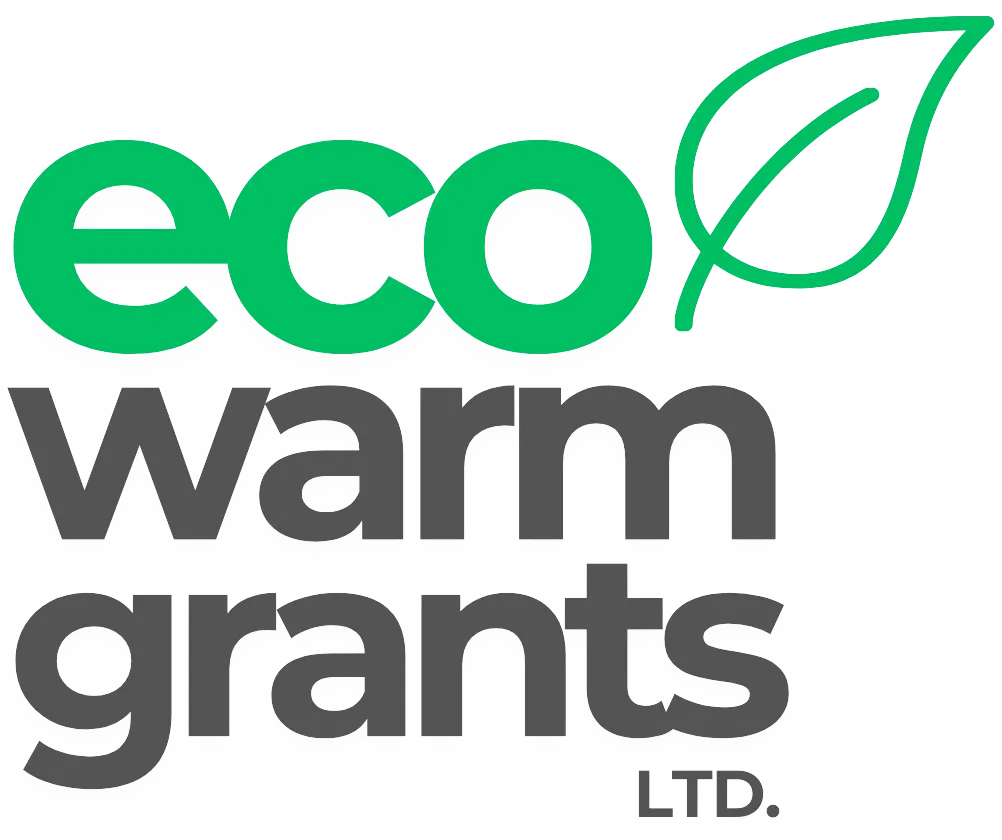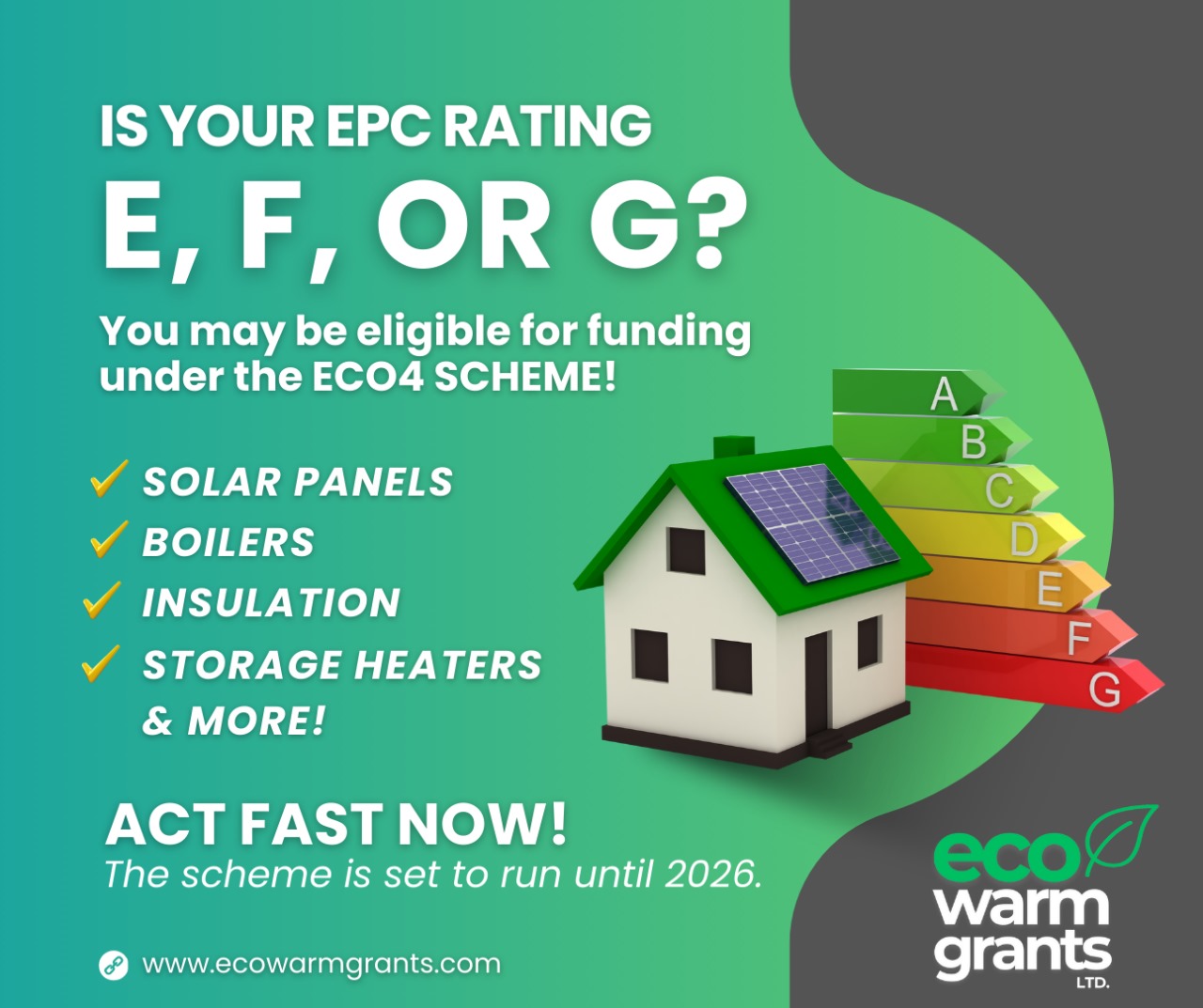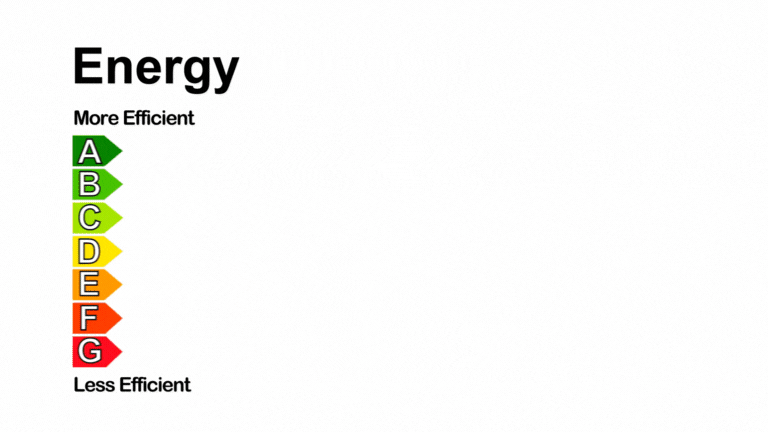info@ecowarmgrants.com
info@ecowarmgrants.com
0300 131 0381
0300 131 0381


Looking to slash your energy bills and boost
your home's comfort?
If your EPC rating is low, the ECO4 scheme can help you get a free package of energy-saving measures and heating upgrades.



Looking to slash your energy bills and boost your home's comfort?
If your EPC rating is low, the ECO4 SCHEME can help you get a free package of energy-saving measures and heating upgrades.



About the
ECO4 Scheme
ECO4 is the fourth phase of the Energy Company Obligation (ECO) scheme, which is a government-funded initiative that aims to make UK homes more energy-efficient and tackle fuel poverty. The ECO4 scheme is set to run from 2022 to 2026.
The ECO4 scheme offers obligated suppliers, manufacturers, and installers various routes to deploy new energy efficiency and heating products. such as:
Boilers
Loft or cavity wall installation
Storage heaters
Solar panels and more!
ECO Warm Grants LTD can help individuals and households take advantage of the ECO4 scheme, providing assistance in accessing grants and implementing energy-efficient solutions.
Take a short
survey to qualify!
The ECO4 scheme covers a wide range of energy-efficient upgrades to homes, including:
About the ECO4 Scheme
ECO4 is the fourth phase of the Energy Company Obligation (ECO) scheme, which is a government-funded initiative that aims to make UK homes more energy-efficient and tackle fuel poverty. The ECO4 scheme is set to run from 2022 to 2026.
The ECO4 scheme offers obligated suppliers, manufacturers, and installers various routes to deploy new energy efficiency and heating products such as:
Boilers
Loft or cavity wall installation
Storage heaters
Solar panels and more!
ECO Warm Grants LTD can help individuals and households take advantage of the ECO4 scheme, providing assistance in accessing grants and implementing energy-efficient solutions.

Welcome to Eco Warm Grants LTD
Lets get started and check your eligibility for the ECO4 Funding Scheme.
Loft / Cavity
Wall Installation
In an uninsulated home, a quarter of your heat escapes through the roof. Insulating your loft or attic is a simple way to save energy and reduce heating bills by trapping the heat inside.
Solar Energy Panels
Upgrade your home with solar panels to convert sunlight into electricity. These panels, often installed on rooftops, harness solar energy efficiently through photovoltaic cells that turn sunlight into electrical power.
Heat Pumps
Heat pumps provide both heating and cooling by transferring heat between indoors and outdoors. They're energy-efficient systems that move warmth inside during winter and remove heat during summer, offering a versatile heating and cooling solution for homes.
Storage Heaters
Storage heaters use electricity at night to heat internal materials, storing and slowly releasing warmth during the day, providing cost-effective heating.
Boiler Upgrades
Upgrading boilers often means installing newer, more efficient models that consume less fuel and produce fewer emissions. These upgrades can significantly improve heating systems in homes and buildings.
Double Glazing
Double glazing significantly improves insulation compared to single-pane windows, reducing heat loss, noise, and condensation within homes while enhancing energy efficiency and comfort.
Warm up your home, save money, and do your part for the planet with an ECO4 grant.

This generous scheme can cover up to 100% of the cost of energy-saving measures, helping you:
Loft / Cavity Wall Installation
In an uninsulated home, a quarter of your heat escapes through the roof. Insulating your loft or attic is a simple way to save energy and reduce heating bills by trapping the heat inside.
Solar Energy Panels
Upgrade your home with solar panels to convert sunlight into electricity. These panels, often installed on rooftops, harness solar energy efficiently through photovoltaic cells that turn sunlight into electrical power.
Heat Pumps
Heat pumps provide both heating and cooling by transferring heat between indoors and outdoors. They're energy-efficient systems that move warmth inside during winter and remove heat during summer, offering a versatile heating and cooling solution for homes.
Storage Heaters
Storage heaters use electricity at night to heat internal materials, storing and slowly releasing warmth during the day, providing cost-effective heating.
Boiler Upgrades
Upgrading boilers often means installing newer, more efficient models that consume less fuel and produce fewer emissions. These upgrades can significantly improve heating systems in homes and buildings.
Double Glazing
Double glazing significantly improves insulation compared to single-pane windows, reducing heat loss, noise, and condensation within homes while enhancing energy efficiency and comfort.
Warm up your home, save money, and do your part for the planet with an ECO4 grant.
This generous scheme can cover up to 100% of the cost of energy-saving
measures, helping you:
Slash your energy bills by an average of £300 per year.
Enjoy a cosier, draft-free home, with improved air quality and a more comfortable living environment.
Reduce your carbon footprint, making a positive impact on the climate and protecting your health.
Increase your property value, making your home more attractive to potential buyers.
If you're on a low income and your home has a low EPC rating, you could be eligible for this amazing opportunity.
If you're on a low income and your home has a low EPC rating, you could be eligible for this amazing opportunity.


A Brighter Future with ECO4: A Greener UK in Every Home - where sustainability isn't just a word, but a reality.
A Brighter Future with ECO4: A Greener
UK in Every Home - where sustainability
isn't just a word, but a reality.
A Brighter Future with ECO4: A Greener UK in every Home - where sustainability isn't just a word, but a reality.
What is your EPC rating?
The Energy Performance Certificate (EPC) rating is a measure of how energy-efficient a property is. The rating is based on the difference in expected annual energy bills between the starting SAP rating of the domestic premises (pre-retrofit) and its finishing SAP rating (post-retrofit).
The EPC rating ranges from A (most efficient) to G (least efficient).
The ECO4 scheme requires that properties have an EPC rating of E, F, or G to be eligible for funding.
What is your
EPC rating?
What is your
EPC rating?

The Energy Performance Certificate (EPC) rating is a measure of how energy-efficient a property is. The rating is based on the difference in expected annual energy bills between the starting SAP rating of the domestic premises (pre-retrofit) and its finishing SAP rating (post-retrofit)
The EPC rating ranges from A (most efficient) to G (least efficient). The average rating for a property in England and Wales is D.
The ECO4 scheme requires that properties have an EPC rating of E, F, or G to be eligible for funding.



